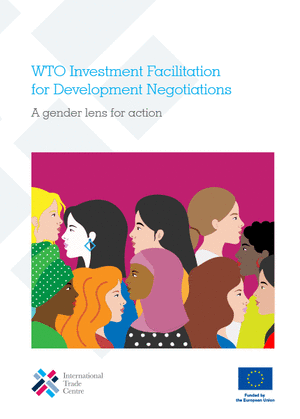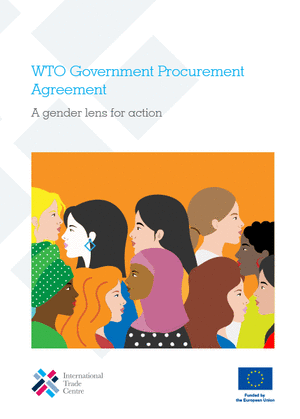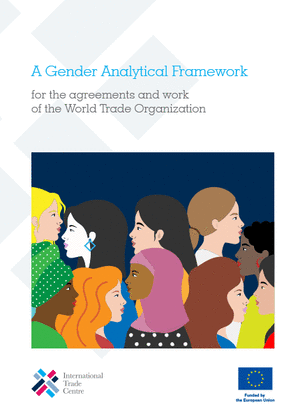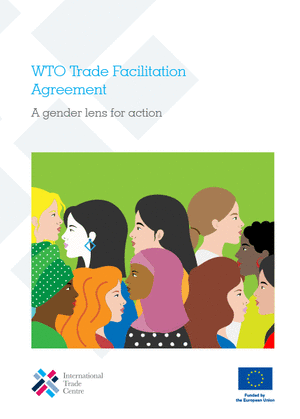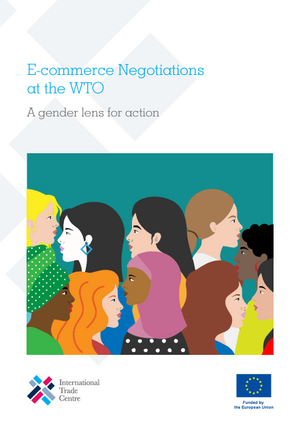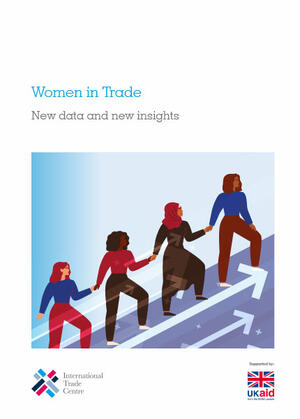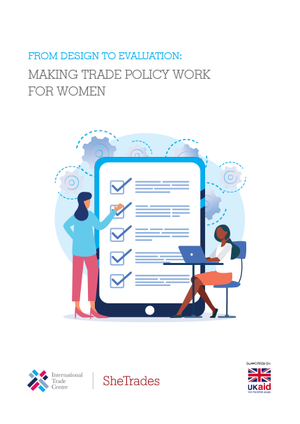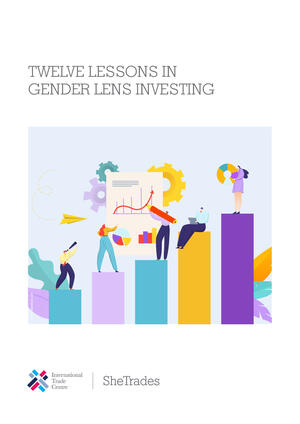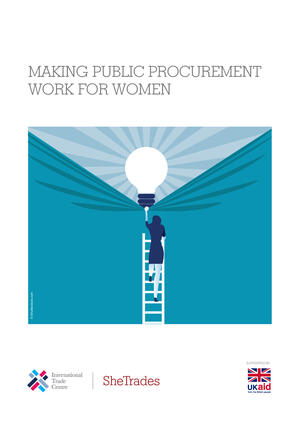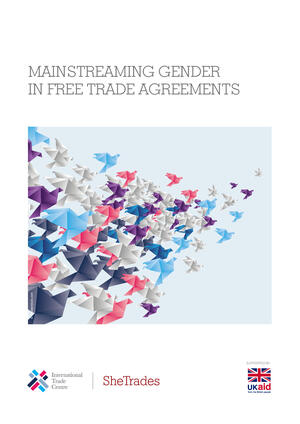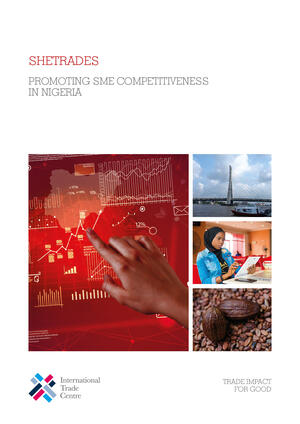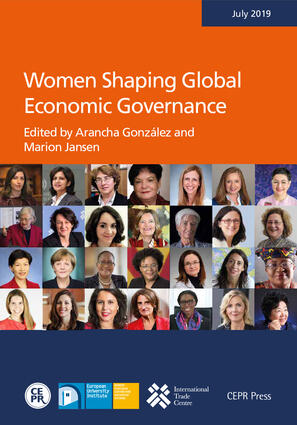
Bringing the ‘gender lens’ to WTO trade agreements
ITC issues a new guide to advocate for gender equality in WTO agreements, with four companion reports for e-commerce, investment, public procurement and trade facilitation negotiations.
Gender equality simply means being fair. Yet few trade agreements even mention gender, and those that do fail to offer the same opportunities to women that men enjoy.
A package of International Trade Centre (ITC) publications fills that gap by showing policymakers and negotiators how to craft trade agreements and policies so the special needs of women aren’t forgotten. A Gender Analytical Framework for the agreement and work of the World Trade Organization is the main report.
The four companion reports illustrate how to apply the framework to the World Trade Organization’s (WTO) joint initiative on e-commerce as well as its Government Procurement Agreement, Trade Facilitation Agreement and Agreement on Investment Facilitation for Development.
Guidance to negotiators and policymakers
The analytical framework examines trade-related impacts on gender through employment, consumption and public provision. It shows policymakers and negotiators how they can take concrete actions to integrate a gender lens in their work at the WTO and in their capitals.
One needs to apply the gender lens throughout: during trade analysis, negotiations and policy implementation. This entails capacity building, raising public awareness, coordination among policymakers in different ministries and an engaged dialogue among policymakers, researchers, civil society and women’s groups at every stage. Getting the gender lens right helps economies grow to their full potential.
The creation of a WTO Information Working Group on Trade and Gender has brought a greater focus on gender equality within the work of the WTO. These reports help members of the working group better understand what a gender lens constitutes and how it can be applied. It also helps governments translate political will into practical guidelines and recommendations across WTO agreements and processes that are more inclusive.
The reports were financed by the European Commission's Directorate-General for Trade. They benefited from peer reviews from: the International Labour Organization; the Public Procurement Research Centre; the United Nations Conference on Trade and Development; the World Customs Organization; and the World Trade Organization.
Findings were discussed during four technical workshops hosted or moderated by the Permanent Missions of Argentina, Australia, Chile, Ecuador and the United States of America.





